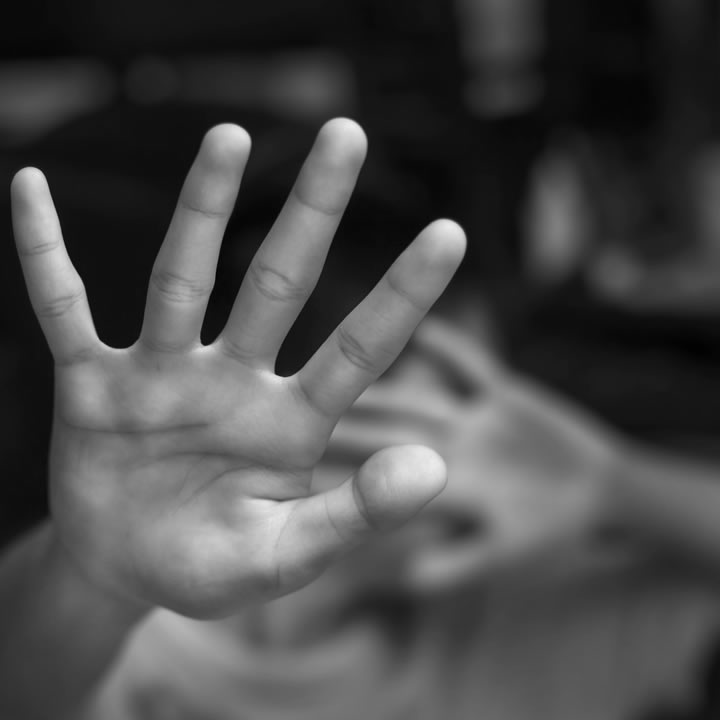A childhood trauma survivor, Trevor Hooper. There are certain things/events that occur in one’s life that have a lifelong effect. He’s a past victim of child abuse and back then, He used to roam around and live outside in parks, on streets, on stations, etc.
He couldn’t gather the courage to go to his home because of a deep sense of guilt and shame.
Having experienced and known the deterrent effects of childhood trauma. He completely understands how painful and devastating it can be. Thus, in a bid to safeguard and prevent others from facing such trauma and to aid the survivors in overcoming the after-effects.
He has devised a comprehensive program after due deliberation and research that involves a 12-step process to tackle this problem of trauma and its after-effects.
This 12-step course will be beneficial for both the person experiencing trauma and those around that person. Below are the first 5 steps:
Step 1: Accepting that you’re not responsible and it is not your mistake
The first thing that most trauma victims do is that they fixate the responsibility of such an experience upon themselves and state that it was their fault somehow. However, this isn’t the case.
As trauma survivors, you must understand that you were passing through a fragile age and a person close to you took advantage of the same and abused you. It is not you who was at fault but the other person.
While all such people must be punished, only a small number of such offenders face the brunt of the law (3% to be exact). Thus, you shouldn’t hold yourself responsible for any such incident.
Step 2: Experiencing Grief and Grief-Related Emotions
It is common for trauma survivors to experience grief-related emotions. The grief mechanism proceeds in a 5-step manner. Beginning from denial and moving through anger, bargaining, and depression, it ends with acceptance.
During this entire period of experiencing grief and its related emotions, several other emotions stem from it as well. These include violation, anger, hurt, denial, shame, disgust, confusion, lack of trust and confidence, self-hate, etc.
One must realize and understand that such emotions or feelings are not true.
Rather, there is more to you as a person. You are capable, positive, and happy and this course will help you realize everything good about yourself in a positive environment and let go of the negative feelings.
Step 3: You’re Not The Only One
You are not the first or the last trauma survivor and you must not feel bad about being a trauma survivor. It can happen to anyone.
This program will ensure that you will not be alone in this journey at any point in time. You will consistently be aided by our support group which will help you in recovering from this trauma and having a comfortable life ahead.
Step 4: Recognize & Appreciate Yourself for Being a Good Person
An important part of this 12-step process is to assist you in realizing the good things about yourself. You will take up a variety of exercises in this regard like writing 3 things that you find good about yourself and 3 things that others find good about you.
Step 5: Accepting That There’s More to You and Your Life Than This Trauma
Your life shall not solely revolve around or be defined by this phase of trauma. You’re a bigger person and there’s certainly more to your life. It was only a phase that has now passed and you must look to bounce back and grow.
The Abused Child
The Veil of Secrecy, a phenomenon that is destroying people’s lives and economies worldwide.
- Introduction
- Australian Statistics
- Have you ever been subjected to child abuse? In other words, have you ever been ill-treated by a family member, relative, neighbor, or acquaintance?
If yes, then kindly keep reading further so that we can assist you.
- Do you feel any of the following- guilt, shame, self-hate, lack of self-love? In addition to this, do you experience feelings of anger, pain, confusion, disgust, etc.?
- Look at yourself in the mirror and observe and list down 5 good things about yourself. If not 5, then try to pen down at least 3.
Furthermore, find three close and trusted friends and see if they can tell five good things about you? Try to prepare a list. Do you feel like comparing the two lists? Now, prepare a common list.
If you satisfy the above-mentioned criteria, contact Trevor Hooper at trevor.hooper.1104@gmail.com for more details about the course.

